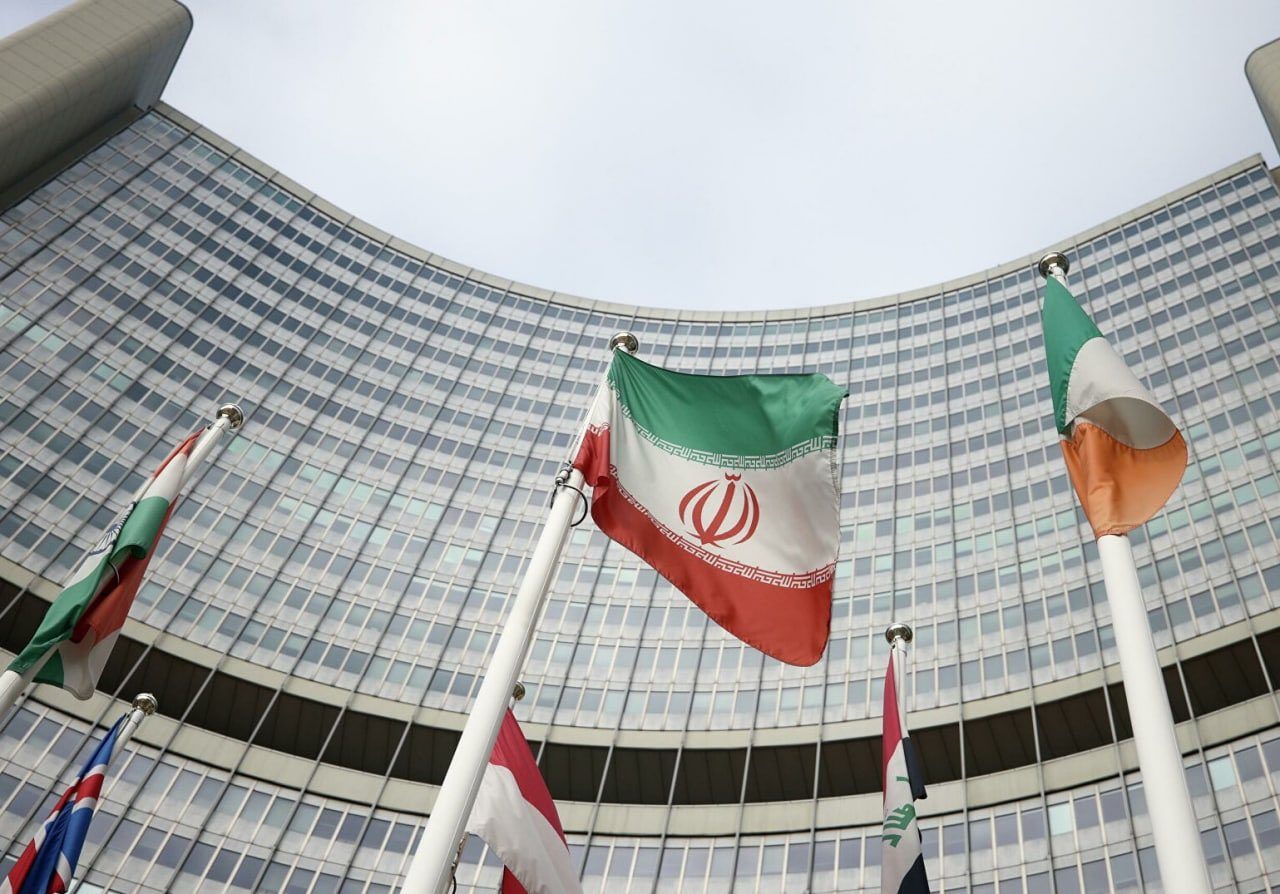The GCC have called to be included in the Iran nuclear talks, citing concerns over Tehran’s missile programme and its “destabilising behaviour.”
Iranians head to the polls on Friday to vote for the country’s next president as Hassan Rouhani’s term comes to an end.
Currently, four candidates are going on the ballots, including: Ebrahim Raisi, Abdolnaser Hemmati, Amir Hossein Ghazizadeh Hashemi, and Mohsen Rezaei.
As it stands, Iran’s current chief justice Raisi, who stood against current President Hassan Rouhani in the previous elections, is the frontrunner. The cleric is also close to Supreme Leader Ayatollah Ali Khamenei, who describes Raisi as a “trustworthy and highly experienced” person.
But among the main files in Iran’s politics is the 2015 Nuclear Deal, which was left in tatters when President Donald Trump withdrew from it in 2018, imposing crippling sanctions on the Islamic Republic that took a major toll on its economy.
The presidential election comes as the US and Iran hold indirect talks in Vienna over the revival of the nuclear accord for the first time, in what is seen as a shift in Washington’s foreign policy since President Joe Biden came into power.
Representatives from the countries involved in the deal—France, the United Kingdom, China, and Germany—have decided to wait for the elections to take place before reaching an agreement.
“Everyone knows that, at this point, it will be necessary to wait for the new Iranian government,” said the head of the International Atomic Energy Agency [IAEA] Rafael Grossi in an interview with Italian daily La Repubblica on Wednesday.
While the fate of the Vienna talks and revival of the Joint Comprehensive Plan of Action [JCPOA] remain unclear, Raisi has appeared to be in favour of a nuclear deal throughout elections debates, promising to create a strong government that would effectively implement it.
Speaking to Doha News, Dr. Mehran Kamrava, Professor at Georgetown University in Qatar [GU-Q], believes that the elections might change the direction of the negotiations.
“In the debates he [Raisi] has said he is in support of the nuclear negotiations, in the past he has not been supportive of them. So it’s really hard to tell, because it is his only seemingly shifting position,” said Dr. Kamrava.
Read also: No conclusions expected in Vienna this week, top Iran negotiator says
“It could very well be that a decision on the direction of the negotiations is made in the Supreme National Security Council and if that’s the case, then the president cannot necessarily shape the outcome of the negotiations. And what happens then as a result, is that this could be the reason Raisi is now saying he’s supportive of the negotiations,” said Dr. Kamrava, when asked about Raisi’s policy shift.
Former governor of Iran’s Central Bank Hemmati currently stands as Raisi’s competitor.
However, he was dismissed from his position earlier this month by Rouhani due to his involvement in the presidential elections.
In a recent interview with the Associated Press [AP], Hemmati expressed his willingness to meet President Biden if he wins.
“I think we haven’t seen anything serious from Mr. Biden’s side yet,” Hemmati said.
“They first need to go back to the [nuclear deal] that they withdrew from. If we see the process and more confidence is built, then we can talk about that.”
More commitment from Washington
Both candidates appear to agree on the importance of reviving the nuclear deal and the elections do not suggest a change in Iran’s position on resuscitating the JCPOA.
But throughout the Vienna talks, Iranian officials have continued to express their keenness on ensuring the return of the nuclear accord while demanding more action from the US.
Earlier this week, the US imposed additional sanctions on a network allegedly involved in funding the Islamic Revolutionary Guard Corps [IRGC] and Houthi rebels in Yemen. The US designated the IRGC as a foreign terrorist organisation in 2019.
“Selective US delistings are neither related to JCPOA talks nor viewed as signals of goodwill – specially when coupled with renewed economic terrorism,” tweeted Khatibzadeh.
Iran has repeatedly demanded the lifting of sanctions in order to reverse its nuclear activity.
“Iranians have changed their position when it comes to nuclear weapons, we realise that they’ve negotiated in good faith and the Americans and the Europeans were not trustworthy, this occurred in 2018,” said Dr. Kamrava.
Read also: Qatar believes in just transfer of power in Syria: Lolwah Al-Khater
“So if you look at the Iranian position, it has changed when it comes to nuclear weapons. The position is very clear—negotiate in good faith or face a nuclear Iran,” he added.
When asked about the threat a delay of the deal would have on the economic crisis in Iran, Dr. Kamrava said that assumptions regarding Iran’s desperation to see the lifting of sanctions is a common US and European narrative.
“The outside assumption is that the Iranian economy is on the verge of collapse and this may not be the case. Yes, the economy would significantly benefit from the lifting of sanctions, but there are interests that would love to see the sanctions in place,” he said.
“The sanctions have had benefits, for example on further encouraging the domestic industry.”
Previously, Khamenei said Iran is “not in a hurry” for the US to lift its sanctions.
“When they don’t abide by any of their JCPOA commitments, it’s nonsensical for Iran to abide by all its commitments,” said Khamenei earlier this year.
Tehran also presented more cooperation with the UN nuclear watchdog last month by extending the monitoring deal for a month after its expiry, indicating a more positive path towards the revival of the JCPOA.
“The Americans and the Europeans have now realised that if they don’t want a nuclear Iran, they should negotiate…if you look at the various statements coming out of Tehran, that is now the new Iranian position,” said Dr. Kamrava.
Follow Doha News on Twitter, Instagram, Facebook and Youtube







